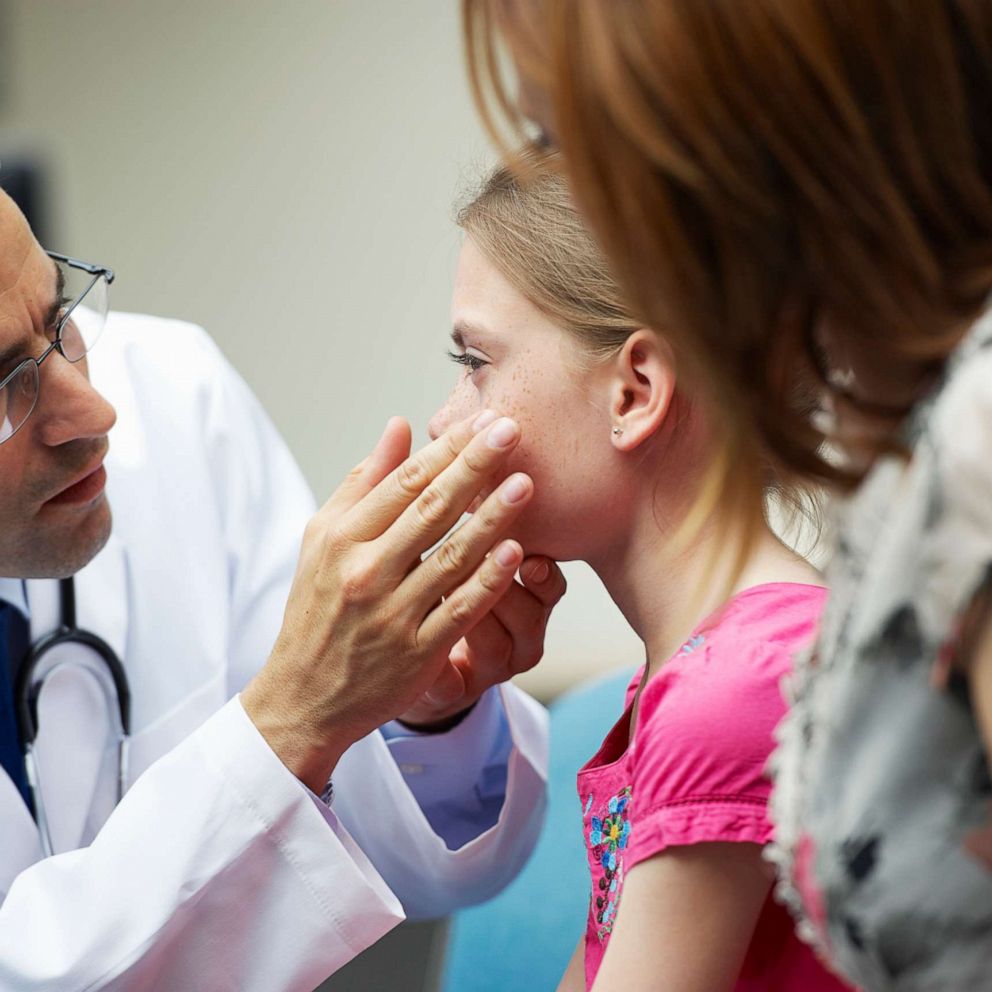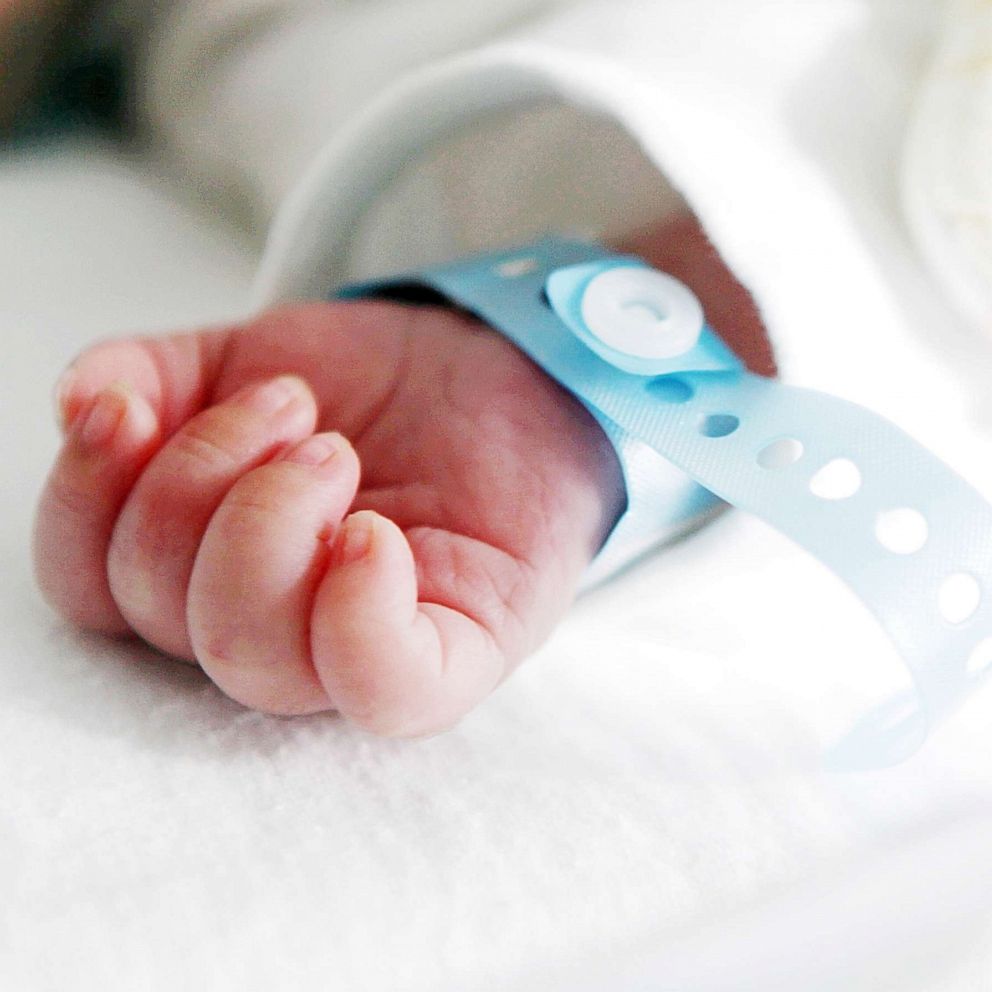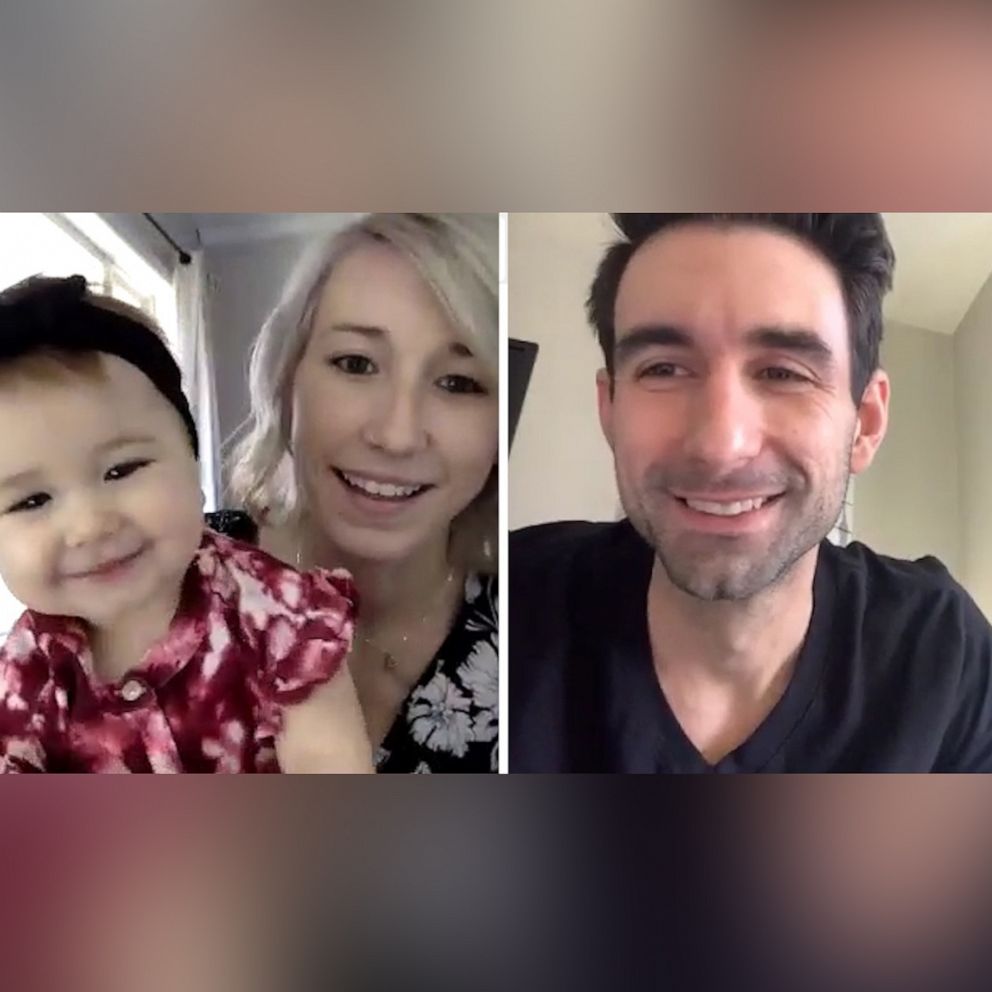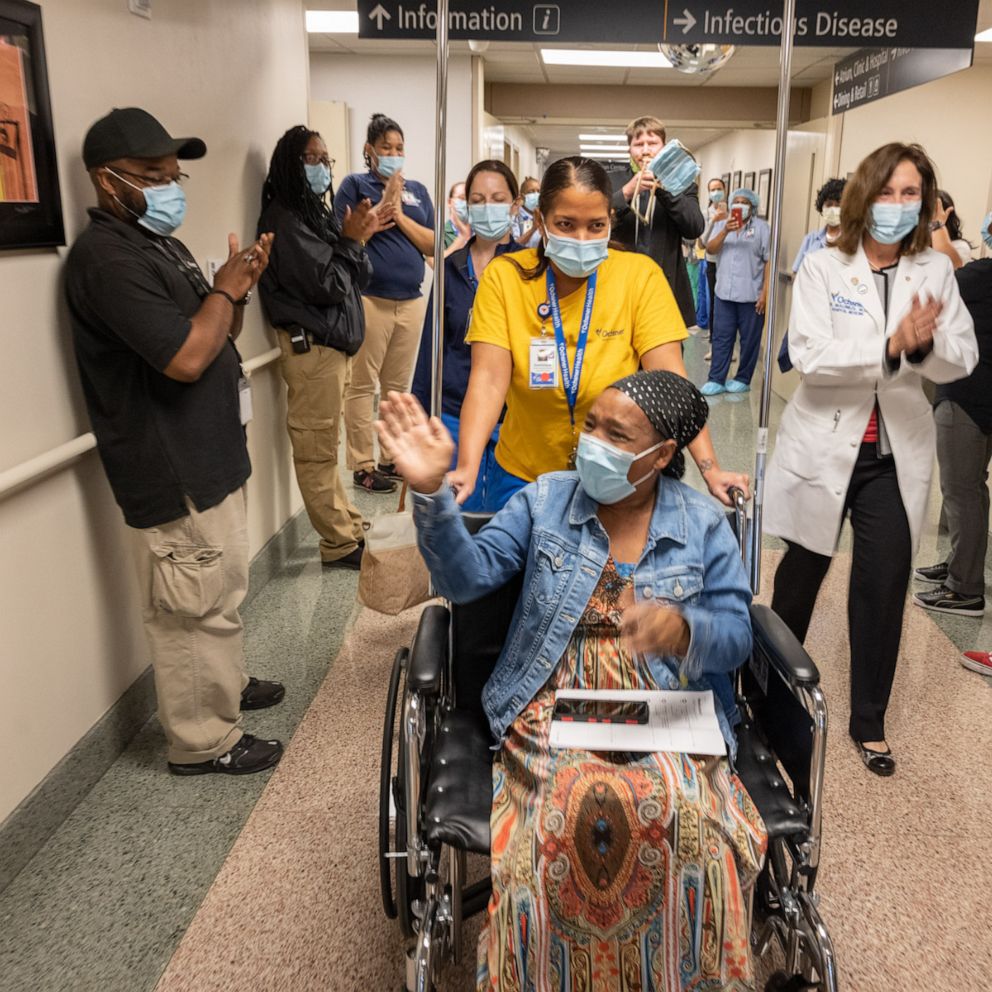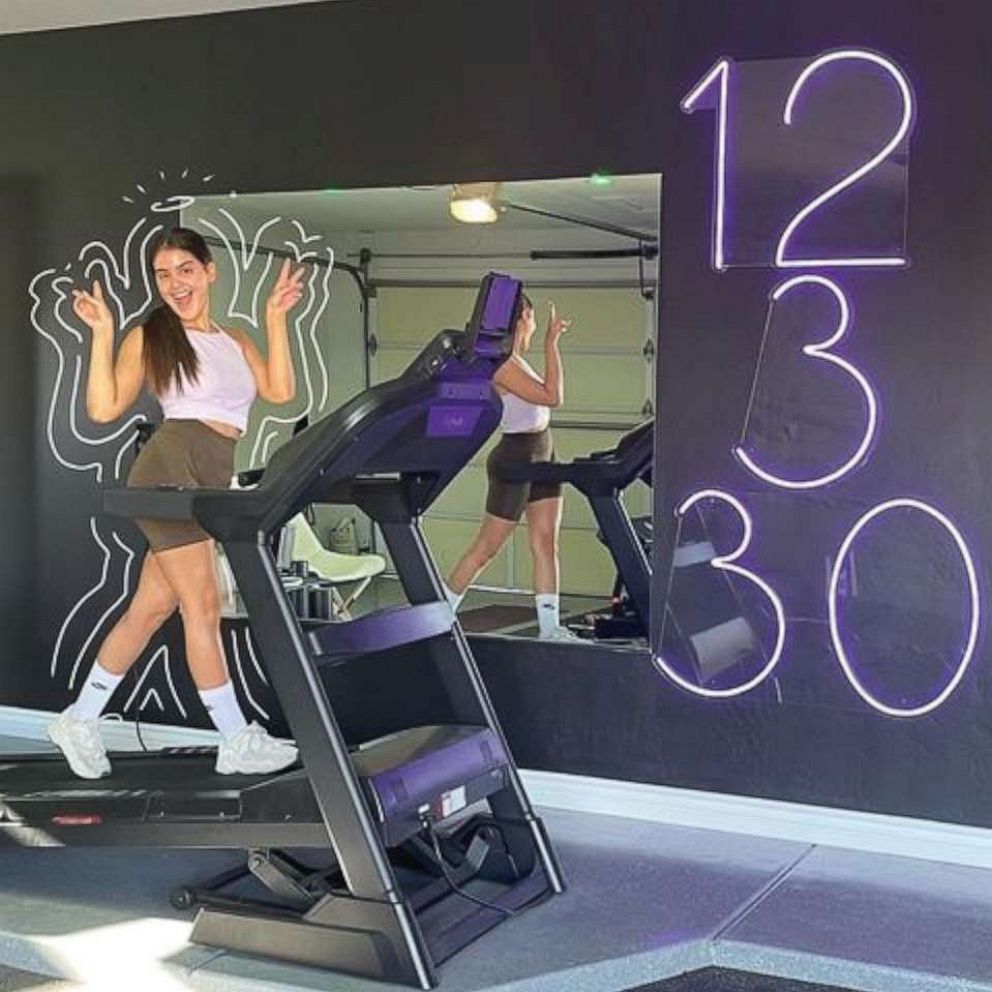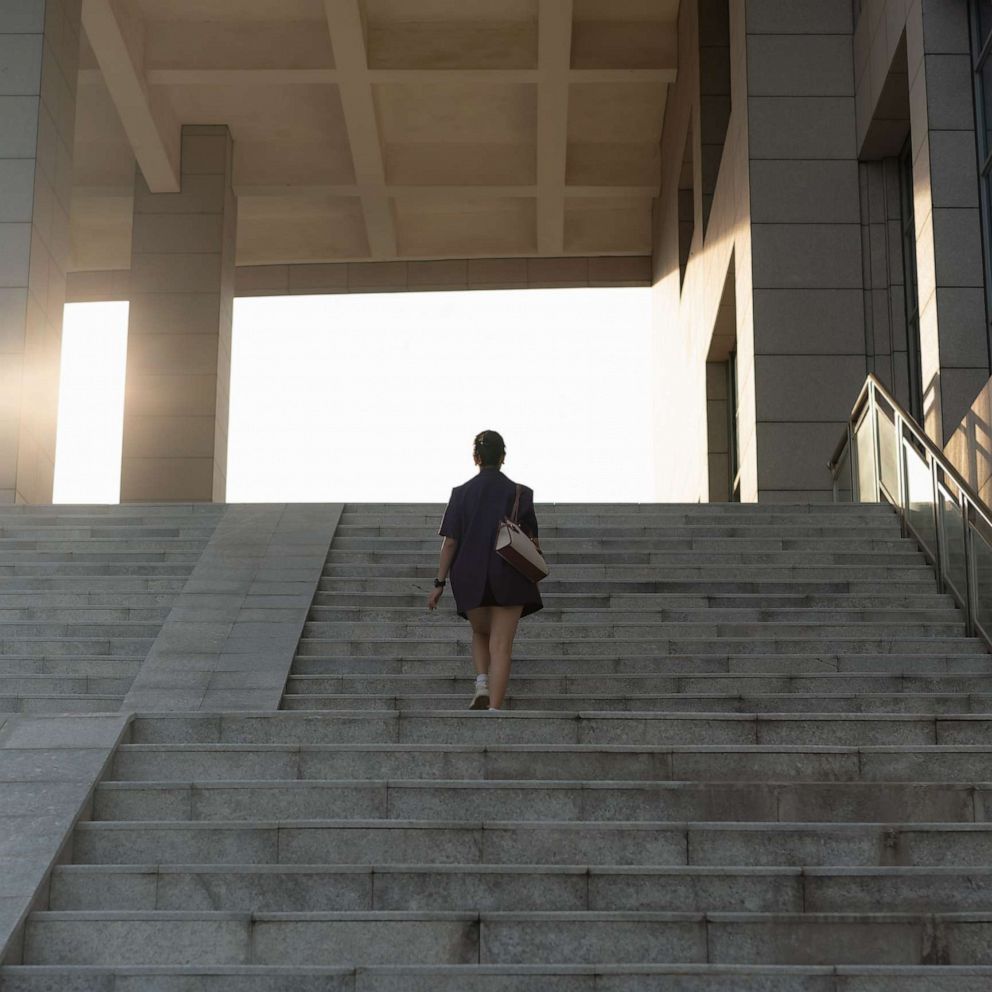Don't skip vaccinations: 8 things pediatricians want parents to know during the coronavirus pandemic
Pediatricians around the country are seeing significant drops in visits during the coronavirus pandemic, according to the American Academy of Pediatrics.
In addition to missing appointments, children in the U.S. are also missing vaccines. The number of vaccines administered for diseases including measles, mumps, whooping cough and HPV each dropped by at least 40% during the week of April 5, compared to a week in February of this year, according to data from PCC, a Vermont-based company that develops electronic health records for pediatricians.
The American Academy of Pediatrics (AAP), which represents 67,000 pediatricians across the U.S., is now sounding the alarm to remind parents that annual pediatrician visits, as well as visits for other issues like flu or cold symptoms, should not stop during the pandemic.
"It’s really critical for parents to remember that their pediatricians and pediatric sub-specialists are out there and available to take care of kids," Sally Goza, AAP president and a practicing pediatrician in Fayetteville, Georgia, told "Good Morning America." "We are available to see patients, and yet we know it’s a scary time for parents."
Goza shared eight things she and other pediatricians want parents to know about keeping children healthy during the coronavirus pandemic:
1. Children can get COVID-19
"Most children are going to have a very mild or asymptomatic case; however, there are going to be children who get it and it's unknown how severe each case could be, so it’s still very important for children to do physical distancing.
Parents need to be very vigilant with this as we go forward and more data comes out as to really how it truly affects children physically. They need to be watching what’s going on."
2. Pediatricians are waiting for your call
"Anytime you’re concerned about your child -- if they’re running a fever, if they’re coughing, if they feel bad, they’re not acting right, even if it’s an emotional issue, if they’re showing anxiety or depression, that’s the time to pick up the phone and call your pediatrician.
Pediatricians are on-call even at night so even if it’s late and you’re scared or you’re worried, call the pediatrician. They will advise you on whether they really feel like you need to go to the emergency room or whether it can wait until the morning, or you could even do a virtual visit, even at night.
The key is, if the parent is concerned, they should not wait."
3. Now is not the time to skip routine visits
"It’s critical for parents to realize that we need those exams done.
We want to have our eyes on these children because we know there is a lot going on and regular issues still crop up, whether we have a pandemic or not. We do a lot more [in a visit] than just make sure they’re physically healthy [and] it's really important for children to be seen and to be heard.
Children with chronic health issues, like asthma and diabetes, as well as children with any special needs must have those follow-ups as well because those diseases can be exacerbated by the coronavirus."
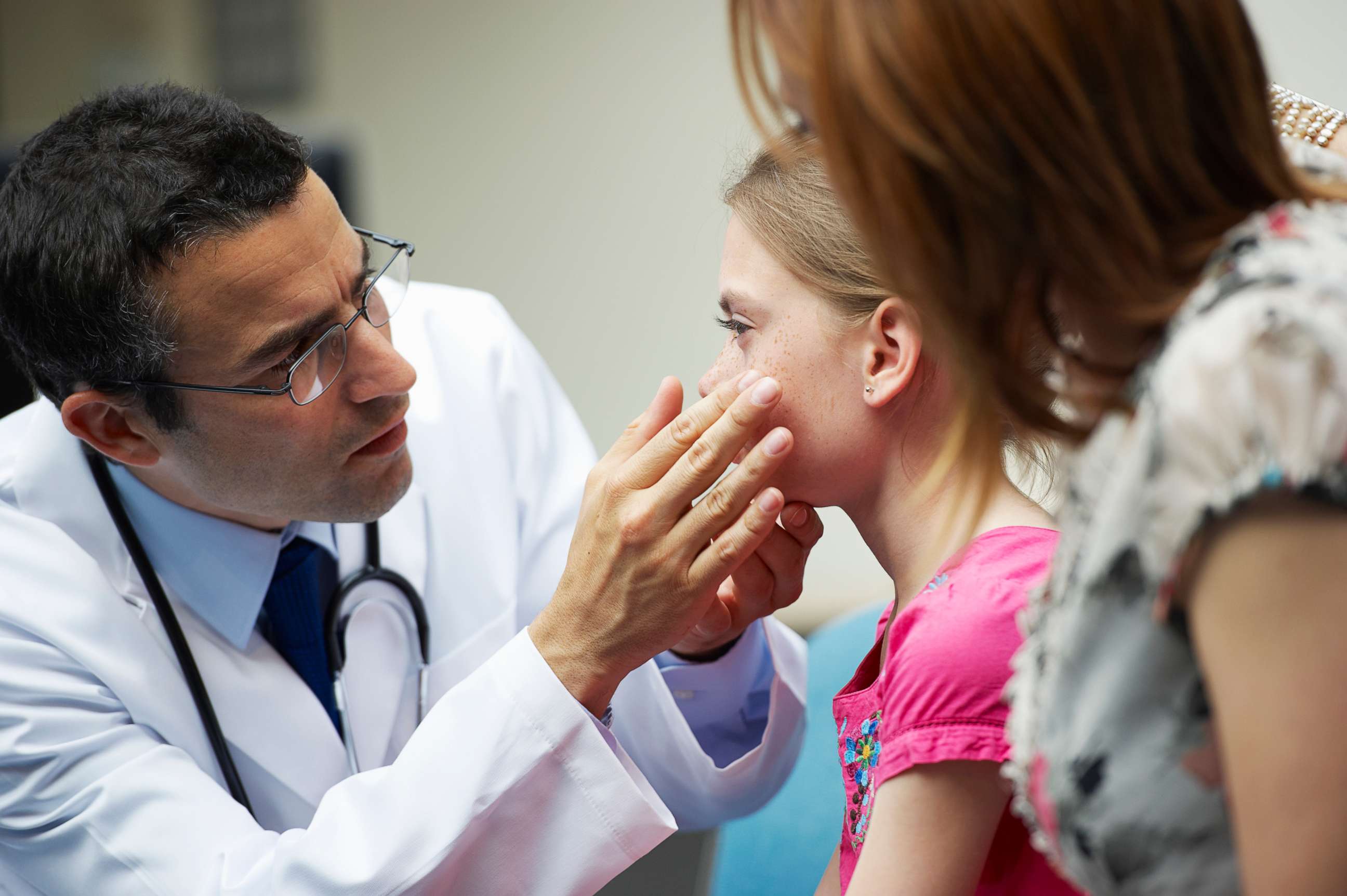
4. Now is not the time to skip vaccinations, immunizations
"We’re very concerned about vaccines. It’s very critical that children get their vaccines and we keep those vaccination rates up so that we don’t see a crisis within a crisis, or once coronavirus is gone, that we don’t see a crisis of another vaccine-preventable disease outbreak," said Goza.
"If our vaccination rates drop, then we are at risk to have another measles outbreak or a whooping cough outbreak. Or if it’s a young child that doesn’t get their meningitis vaccine, they could get meningitis, which we haven’t seen much in many years."
5. Pediatricians will tell you if an in-person visit is needed
"Some offices are still okay for you to come in person. Others are doing well visits through telehealth and having the patient come in later to get their actual physical done.
There are lots of different ways we can do that. It's very important to call your pediatrician’s office.
The office will tell you whether it’s safer to do an in-person visit, whether it’s safer to do a virtual visit or even just to talk over the phone to talk through what’s going on."
6. Pediatricians are safeguarding their offices to protect against coronavirus
"Pediatricians and nurses and everyone in the offices are wearing masks and gloves and gowns if they need to, face shields if they need to. Everybody is doing everything they can to not only protect the patients but to protect the providers and staff from getting something as well.
Some pediatricians are doing well visits in the morning, and sick visits in the afternoon. Some who have two offices only use one office for sick visits and one office for well visits.
Pediatricians are making sure that their offices are cleaned at night, decontaminated and trying to have physical distancing even in the office. Practices are not using waiting rooms much -- [some] practices are having you wait in the car and then come in once they’re ready to put you into a room."
7. Pediatricians are concerned about kids' mental health
"Their routines have been disrupted. Their lives have been disrupted, so the anxiety and the depression [may] be there because they’re missing out, teenagers especially, on the big events in their lives. Young children [may] have their routines all totally turned upside down.
There [may be] financial and emotional issues that their parents are trying to deal with that can also put more stress on the children.
We are very concerned that we need to have our eyes on these children to make sure that they’re doing okay and that the families are doing okay, that the parents are not so stressed that they’re having a hard time dealing with their children.
We’re very concerned about that and that’s why we feel like parents need to get their children to pediatricians and get those appointments, whether it be virtual or in-person, but we need to be able to have that conversation with them about how they’re doing."
8. There are ways to talk to your children about coronavirus
"For younger children, it’s really asking them what they know and what they’re scared about and then reassuring them that you’re going to do everything you can to make sure they stay safe. Talk to them about being able to wash their hands or, if they’re old enough to wear a mask, not to touch their face. Really make that be so that they are helping other people by doing that.
If other things come up or they seem worried, say, ‘Are you worried about something?' I've had one person say their child wanted to go to the grocery store with them and they told them it wasn’t really safe for them to go to the grocery store and then she got hysterical and the [parents] thought it was because she couldn’t go to the grocery store and the real issue was that if it wasn’t safe for her to go to the grocery store, it wasn’t safe for her father to go to the grocery store.
Sometimes we need to make sure we find out what they’re really upset about so that’s very important to ask the questions, 'What are you upset about? What would you like to know?' Keep the information very specific to the age the child is at so that they can understand it.
For older children, ask them what they know, what they’ve heard. Make sure they’re getting correct information because there is a lot of bad information out there."
Visit the American Academy of Pediatrics' Healthychildren.org website for more information on parenting during the coronavirus pandemic, including how to talk to kids.
What to know about coronavirus:
- How it started and how to protect yourself: coronavirus explained
- What to do if you have symptoms: coronavirus symptoms
- Tracking the spread in the US and Worldwide: coronavirus map
Editor's note: The article’s first paragraph was changed in recognition that there are not current national statistics of how many children have missed their pediatric appointments.
